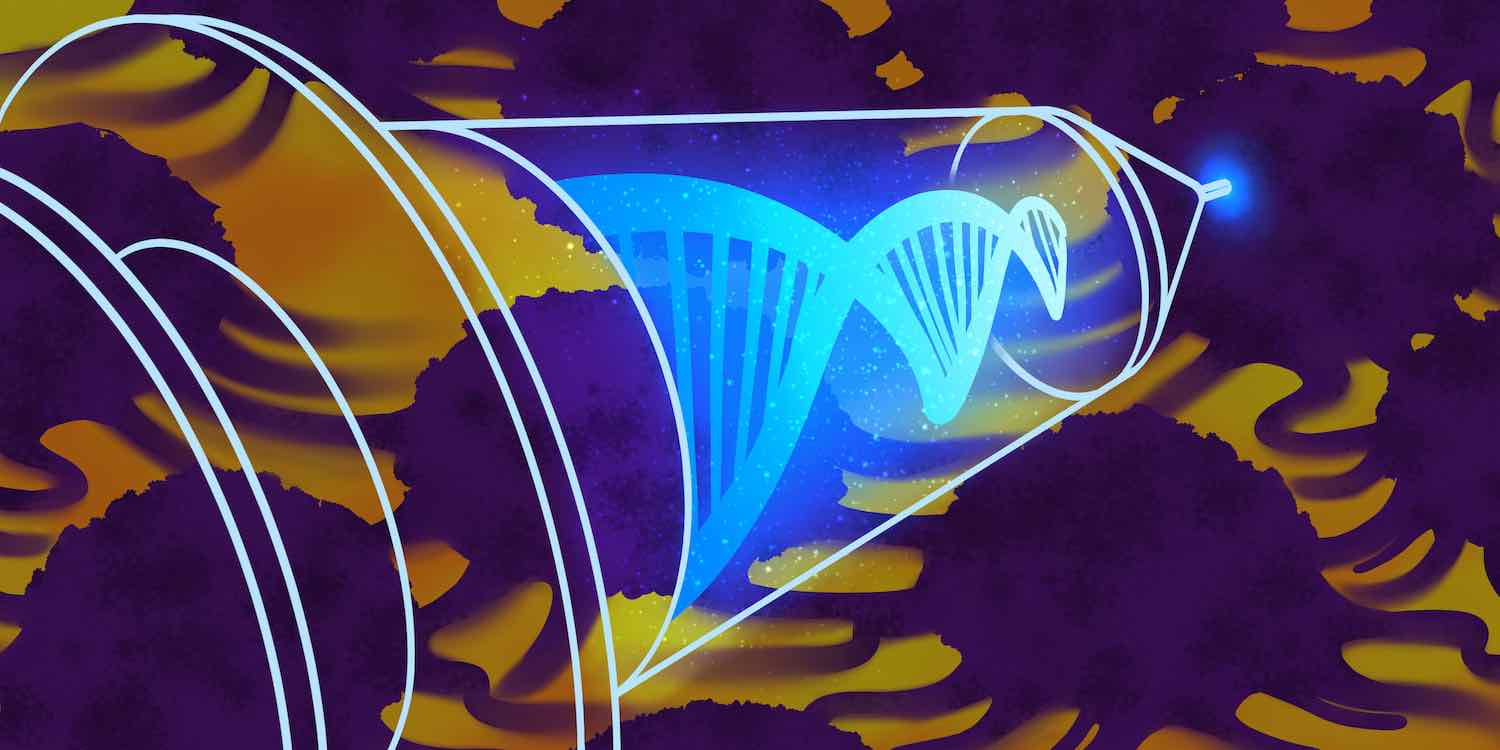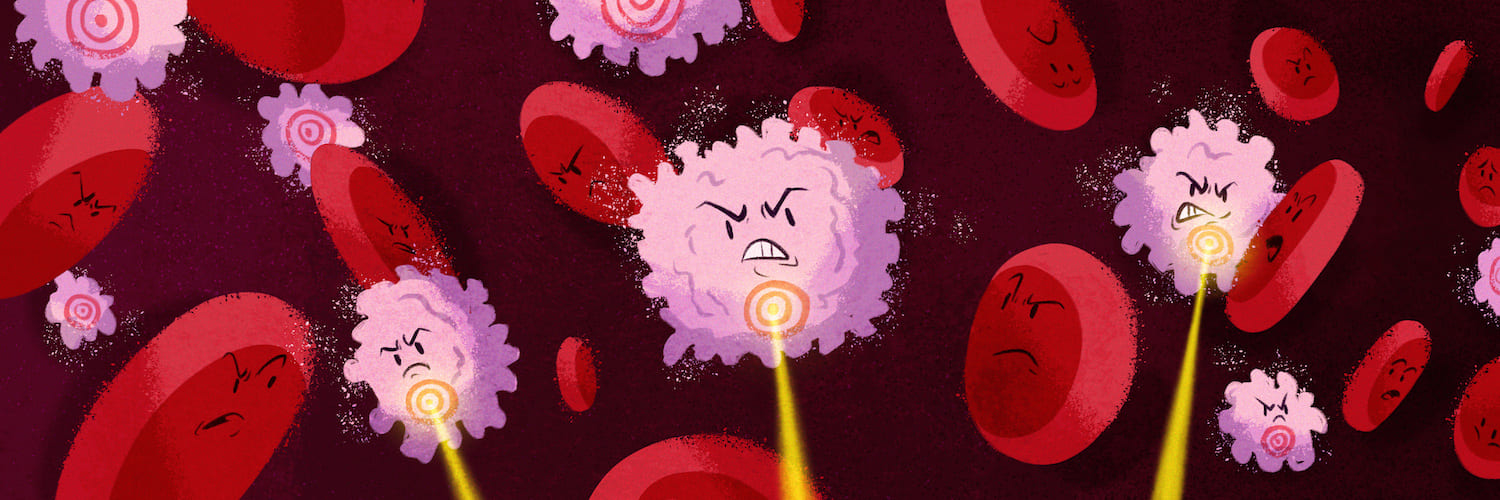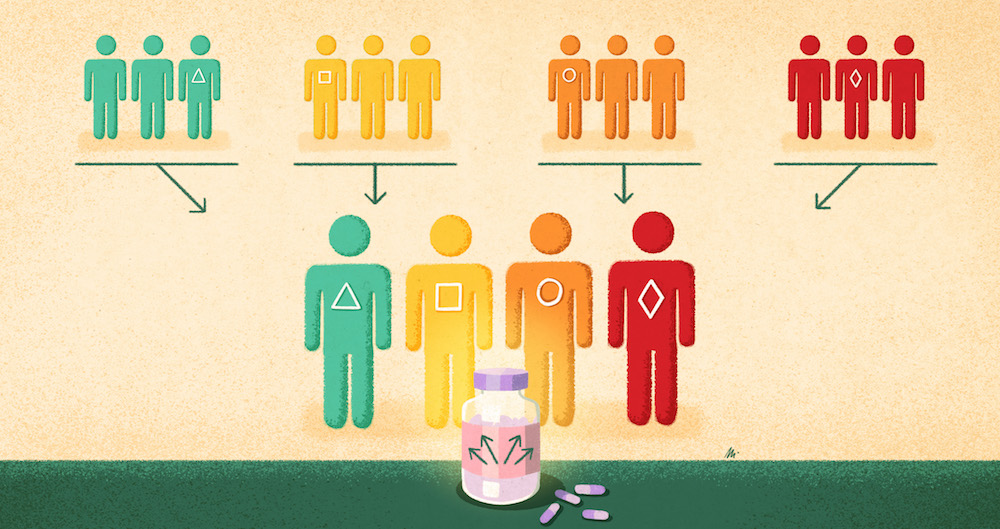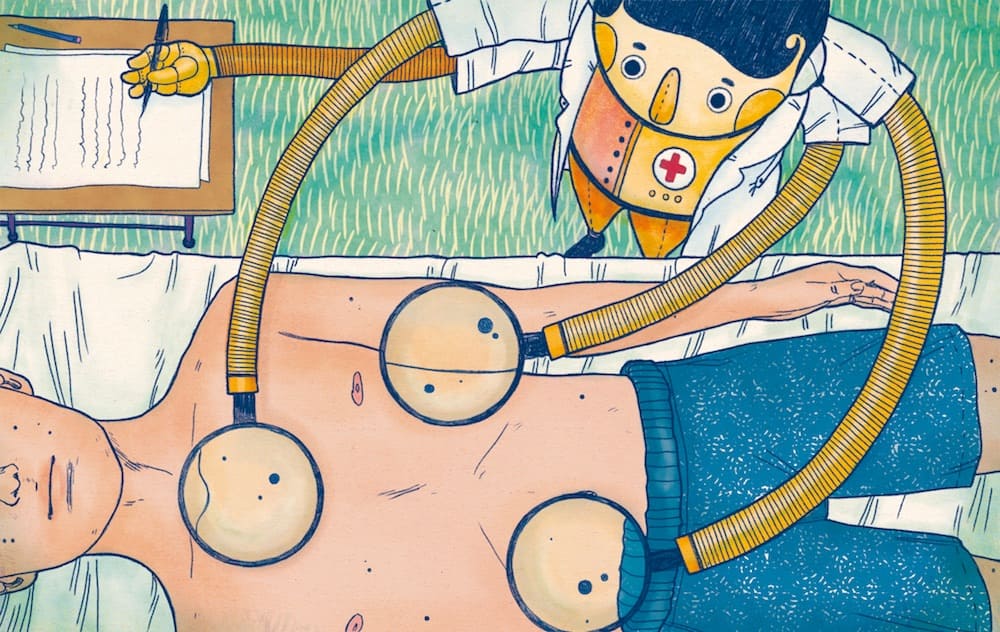Medicine
Can gene therapy be made to work against solid tumours?
Gene therapy to treat cancer has been on the research agenda for three decades, with the first examples having been developed in the 1990s, according to Hrvoje Miletic, Senior Consultant in Neuropathology at the Bergen/Haukeland University Hospital in Norway. “But…
Highlights of 2020 American Society of Hematology (ASH) meeting
Like most 2020 meetings the 62nd American Society of Hematology (ASH) Annual Meeting and Exposition, held 5-8 December, was hosted virtually. Due to meticulous planning, the format did not prevent delegates attending the largest gathering of the professional haematology community…
Highlights of 2020 San Antonio Breast Cancer Symposium
In 2020, the San Antonio Breast Cancer Symposium (SABCS) co-organised in association with the American Association for Cancer Research (AACR) celebrated its 43rd year as the world’s premier annual breast oncology meeting. Like most conferences, due to the Covid-19 pandemic,…
Thank you virologists! – Nobel Prize spotlights virus-associated cancers
With the 2020 Nobel Prize going to three scientists who led on the discovery of the hepatitis C virus, Adriana Albini acknowledges the valuable contributions that these and other virologists have made over many decades to advancing our understanding of…
Smoke without fire? Should cancer of unknown primary be treated as a separate disease?
Metastases, but no primary tumour – the diagnosis ‘cancer of unknown primary’ still presents great challenges, even in this age of precision oncology. Cancer of unknown primary (CUP) is an entity that encompasses a heterogenous group of metastatic cancers without…
Does it work for my patient? A pragmatic approach to building evidence on clinical effectiveness
Should patients be at the centre of attention in the development of new cancer drugs? It might seem extraordinary that this question is even asked – what else matters? But it is a question high on the agenda of the…
Are tumour-agnostic approaches the future for oncology?
According to Francesco Pignatti, Head of Oncology at the European Medicines Agency (EMA), the term ‘tumour agnostic’ is a misnomer. The definition of agnostic in ancient greek, he argues, is ‘lacking in knowledge’. But with these new approaches, it’s not…
Artificial intelligence for skin cancer diagnosis, from science-fiction to reality
Artificial intelligence (AI) is a hot topic in many sciences, including medicine. A machine capable of making a medical diagnosis in full autonomy is fascinating and highly attractive. “Many years ago, in the movie Star Trek, the spaceship’s doctor diagnosed…
Real world data: can we rely on it to shape cancer policies and practice?
In November 2018, the US Food and Drug Administration granted accelerated approval to larotrectinib (Vitrakvi), a drug that targets a neurotrophic receptor tyrosine kinase (NTRK) gene fusion in a range of adult and paediatric tumours. European approval followed last autumn.…
CCC-19 and TERAVOLT studies show strength and limits of research on cancer and COVID-19
The virtual scientific program of the 2020 American Society of Clinical Oncology (ASCO) Annual Meeting2020 hosted a special session on cancer and COVID-19 pandemic. Data from the Thoracic cancERs international coVid 19 cOLlaboraTion (TERAVOLT) registry and from the COVID-19 and…










